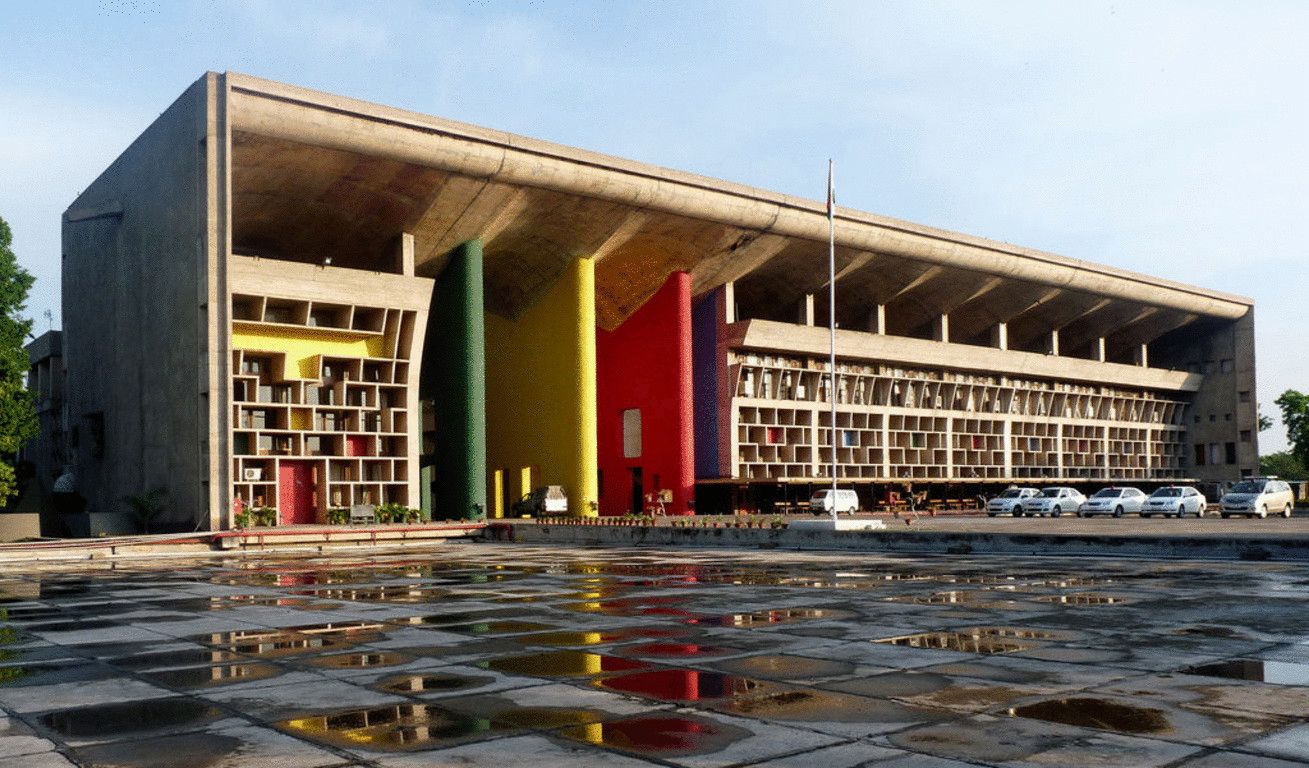Punjab & Haryana High Court Dismisses Plea for Amendment in Written Statement, Holds Delay and Misleading Averments Fatal to Petition

Case Name: Ishro Devi and Others v. Smt. Sukma and Others
Date of Judgment: January 5, 2015
Citation: CR No. 4367 of 2014
Bench: Hon’ble Mr. Justice Rakesh Kumar Jain
Held: The Punjab & Haryana High Court dismissed a revision petition filed under Article 227 of the Constitution challenging rejection of an application under Order 6 Rule 17 CPC for amendment of the written statement. Justice Rakesh Kumar Jain held that the defendants had failed to demonstrate due diligence or bona fide reasons for not taking the plea earlier and had even attempted to mislead the court by falsely asserting lack of knowledge about an old mutation that was already on record. The Court reiterated that the purpose of the 2002 amendment to Order 6 Rule 17 CPC was to prevent belated amendments after commencement of trial and discourage misuse of the procedural flexibility meant to serve justice.
Summary: The case arose from a declaratory suit filed by the plaintiff claiming joint ownership of one-half share of agricultural land measuring 52 kanals 11 marlas situated in Village Aurang Shahpur, District Hisar. The plaintiff, being the daughter of Prameshwari (who was the daughter of Sheo Dutt), challenged a 1983 civil court decree and corresponding mutation dated March 23, 1984, by which her uncles, Nafe Singh and Hawa Singh, were recorded as exclusive owners. The trial court decreed the suit on April 22, 2010, declaring the plaintiff owner in joint possession of half the land and restraining the defendants from alienating it.
During pendency of the appeal, the defendants filed an application on January 3, 2014, seeking to amend their written statement to add a new plea that the disputed property was ancestral and that the plaintiff’s mother, being a female, could not have inherited it as Sheo Dutt had died before the Hindu Succession Act, 1956. The Appellate Court rejected the application, noting that the defendants were already aware of the relevant mutations — including mutation No.179 dated December 11, 1935, which they had themselves produced as Ex.D4 — and that their claim of recent discovery was false. It also observed that the application lacked an affidavit, was filed four years after the decree, and contained no plausible explanation for the delay.
Before the High Court, the petitioners relied on Abdul Rehman v. Mohd. Ruldu (2012) 4 RCR (Civil) 481, arguing that amendments should be allowed to minimize litigation. Justice Jain distinguished the precedent, holding that the petitioners had not acted in good faith and were attempting to introduce a new plea contrary to their earlier stance. The Court emphasized that the delay of several years, coupled with an attempt to misrepresent facts, disentitled the defendants from relief.
Decision: The High Court upheld the Appellate Court’s refusal to allow amendment, finding the petition devoid of merit. The revision was dismissed without costs, with the Court observing that the defendants’ lack of diligence and misleading averments defeated the principles underlying Order 6 Rule 17 CPC.